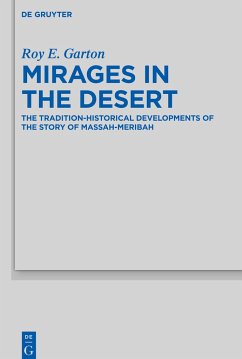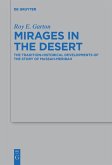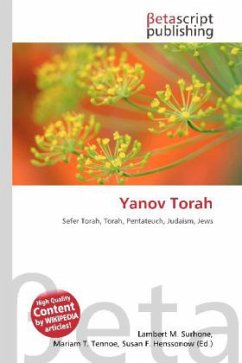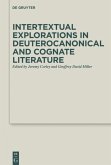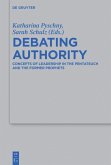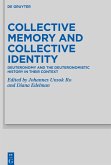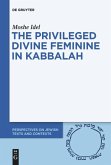The story of Massah-Meribah is a pluriform tradition within the Hebrew Bible. Part One of this book uses redaction analysis to assess diachronically the six reminiscences of this tradition within Deuteronomy (Deut 6:16; 8:15; 9:22; 32:13, 52; 33:8). The relative chronological relationship of these texts, and the tradition components they preserve, reveals a framework of five formative stages of this story's tradition-history from the perspective of the tradents responsible for the production of Deuteronomy. Part Two is a redactional study of the tradition's narratives in Exod 17:1-7 and Num 20:1-13. Special attention is devoted to the texts that anchor the Massah-Meribah narratives into the Pentateuch. In the end, Part Two not only corroborates the framework detected in Deuteronomy for the formative stages of the Massah-Meribah tradition, but it also carries broad implications for the formation of the Pentateuch in general and the Wilderness Narrative in particular.
"[Garton] hat mit dieser Arbeit in konstruktiver Auseinandersetzung mit der deutschen, schweizerischen und weiteren internationalen Fachliteratur einen neuen Weg in der amerikanischen Pentateuchforschung beschritten, der mit dem Ende der traditionellen Urkundenhypothese begonnen hat. G. hat dabei höchst beachtliche Ergebnisse vorgelegt, die eine breite Aufmerksamkeit und Diskussion verdienen."
R. Achenbach in: ZAW - Zeitschrift für die alttestamentliche Wissenschaft 130/3 (2018), 483-485
R. Achenbach in: ZAW - Zeitschrift für die alttestamentliche Wissenschaft 130/3 (2018), 483-485

